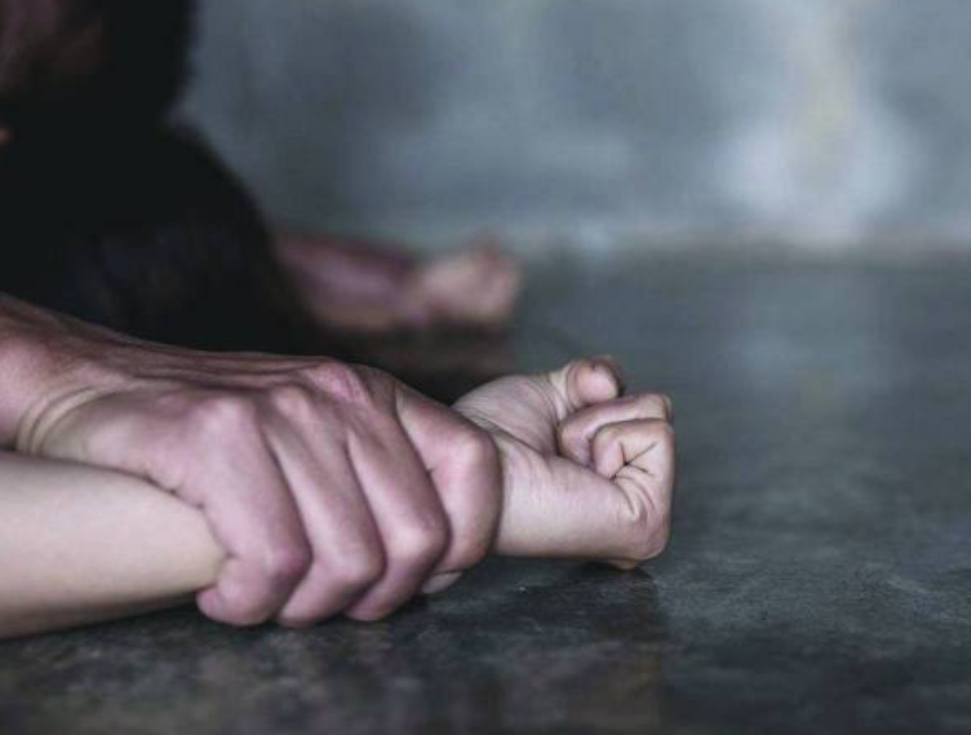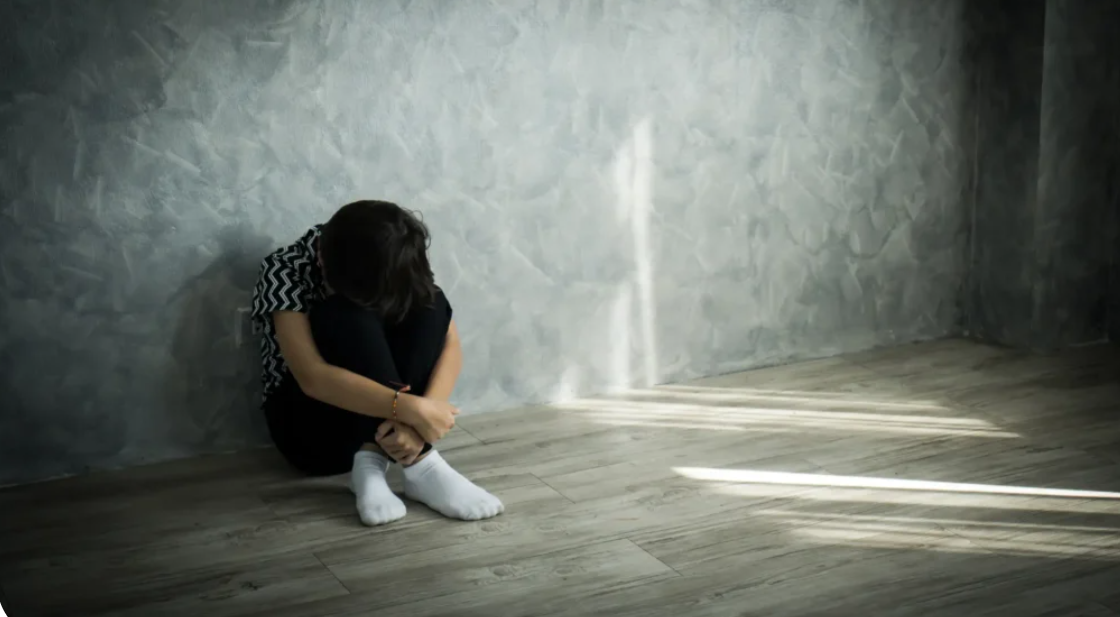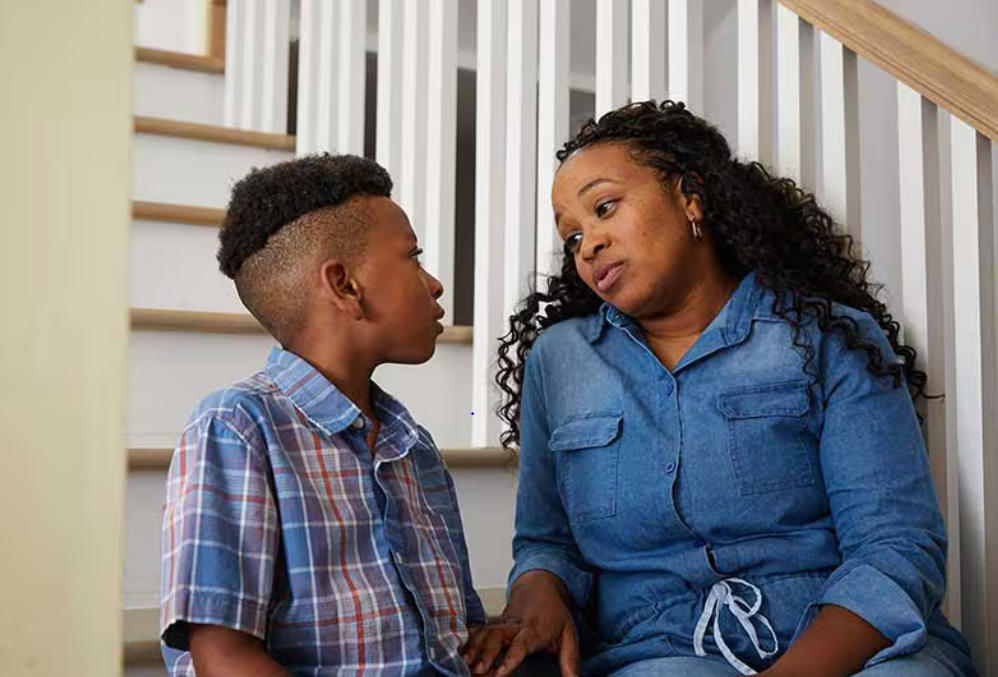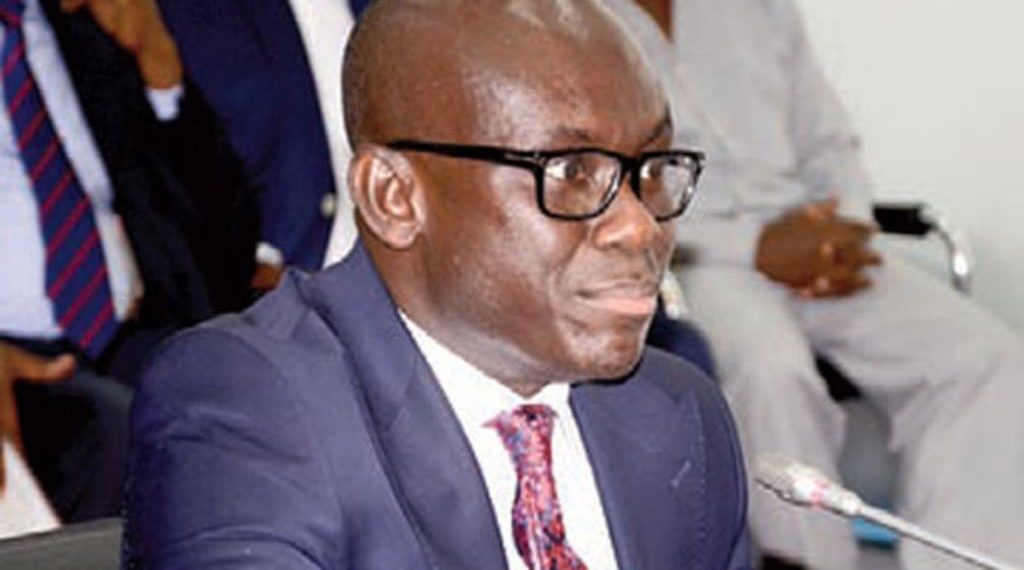

Defilement remains a serious issue in Ghana, with a troubling number of cases reported annually.
The crime, which involves the unlawful sexual intercourse with a minor, has far-reaching consequences for victims, often leaving them traumatised physically, emotionally, and psychologically. Despite the legal measures in place to protect children, the prevalence of defilement continues to raise alarm, highlighting the need for increased awareness, prevention strategies, and support for survivors.
Here are some tips for identifying a child who has been sexually assaulted.
Physical Signs
As a parent or guardian, you may notice physical signs that something is wrong, particularly in your child's genital area. These can include unexplained bruises, scratches, redness, or bleeding. Your child might also experience pain when urinating or having bowel movements, or there may be blood present in their urine or stools.

Not always do abuse victims get STIs, but the presence of a sexually transmitted infection (STI) in your child is a serious indicator of abuse. You may also observe your child struggling to walk or sit, which could point to physical trauma. Changes in hygiene habits, such as suddenly becoming overly meticulous with bathing or refusing to bathe altogether, can also signal trauma, often due to feelings of shame or discomfort.
Behavioural signs
If your child was once well-adjusted, you might notice changes in their behaviour. They may become withdrawn, anxious, or fearful, especially in situations that could remind them of the abuse. Sometimes children may regress, displaying behaviours like bedwetting or thumb-sucking that they had previously outgrown.

Sexualised behaviour—such as using age-inappropriate sexual language or engaging in sexualised play—is another warning sign. Your child might express a sudden fear of certain people or places, potentially pointing to someone they associate with the abuse. Additionally, nightmares, difficulty sleeping, and a fear of being alone could emerge, along with a drop in their academic performance or focus at school.
Emotional Signs
Emotionally, your child may struggle with feelings of guilt or low self-esteem, often blaming themselves for what happened. This can lead to feelings of shame or worthlessness. In some cases, children may develop eating disorders as a coping mechanism, or even engage in self-harming behaviours like cutting or burning, as a way to deal with emotional pain.
Verbal Signs
While not all children are able to be vocal about their encounters, some children who have experienced sexual abuse may attempt to communicate their trauma verbally or through indirect means such as drawings or play. They might use language that is not typical for their age, or make inappropriate sexual comments. Even if your child doesn't directly talk about the abuse, signs of confusion or discomfort may still be present in their words and actions.

If your child confides in you, or you notice any of these signs, it’s important to listen carefully, without judgement or pressure. Let them express their feelings when they’re ready, and avoid forcing them to talk.
Above all, seek professional help immediately. Contact a child protection agency, therapist, or medical professional who can offer the right support for both your child and your family. These professionals can help ensure your child receives the necessary care, therapy, and protection, and assist you in navigating the legal and emotional complexities of such a sensitive matter.

It is crucial that you act swiftly to ensure your child’s safety and well-being. If you suspect abuse, reach out to the appropriate authorities to protect your child and get the help they need.
Read Full Story












Facebook
Twitter
Pinterest
Instagram
Google+
YouTube
LinkedIn
RSS